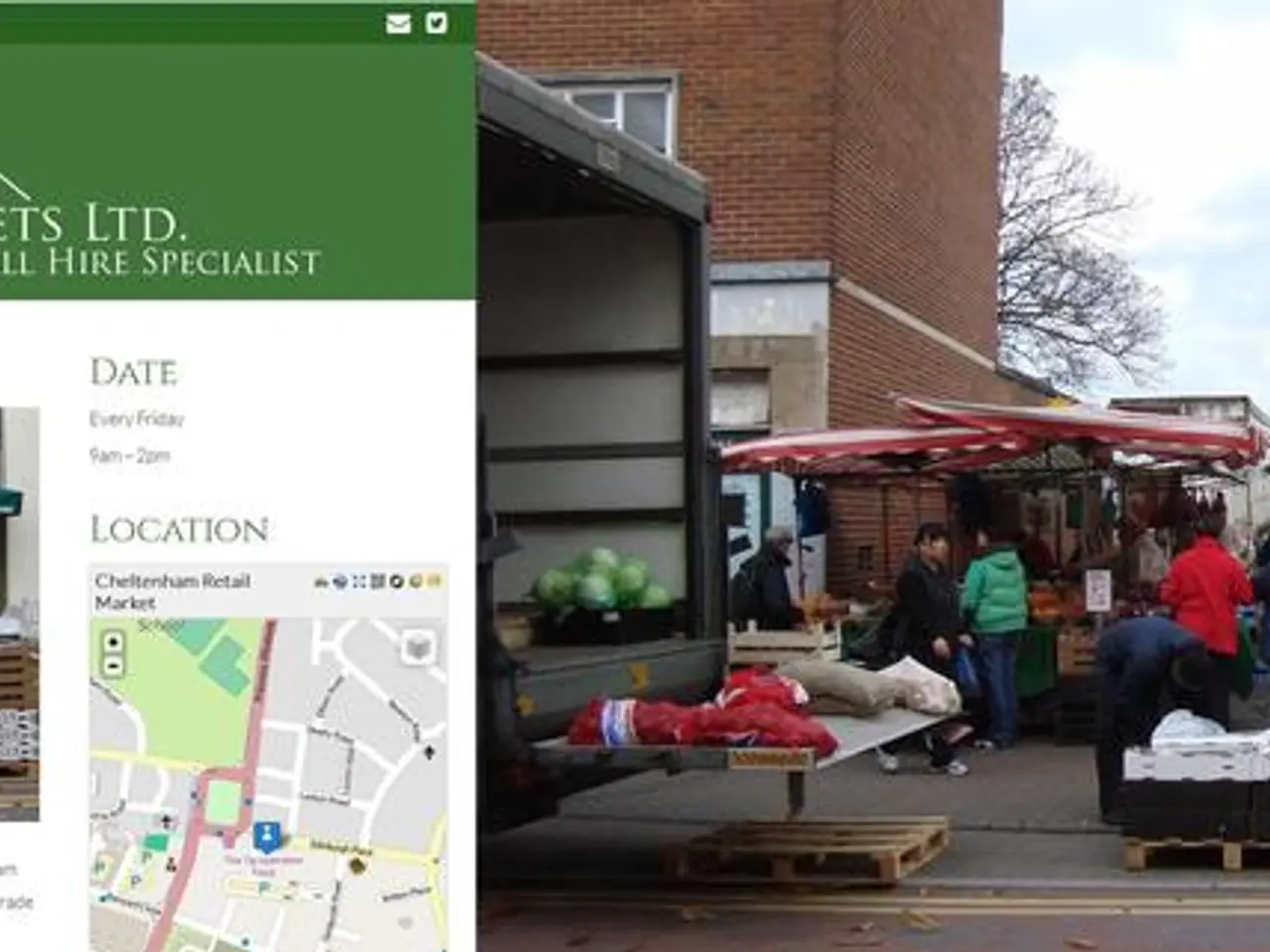Abundant properties available for purchase in southern England contributing to decrease in asking prices, according to Rightmove.
In the property market of Britain, September 202x has seen a mix of positive and challenging trends. According to financial information site Moneyfacts, the average two-year fixed mortgage rate currently stands at 4.99%. This marks a slight increase from previous months, as mortgage rates have edged upwards over the last few weeks, as mentioned by Rightmove's mortgage expert, Matt Smith.
On a more optimistic note, official data from HMRC shows that the number of property transactions in July was 4% higher than a year ago. This upward trend continues, with the number of agreed sales in Britain currently being 4% higher than a year ago, according to Rightmove. Agreed sales in the south of England, in particular, have seen a 3% increase.
The average asking price for a property in Britain is currently £370,257, a figure that remains relatively stable compared to a year ago, with a 0.1% decrease observed. However, the asking prices in Britain rose by 0.4% on a monthly basis in September.
In the region of south east England, the median home costs around 10 times median earnings, while in London, this figure rises to 11 times. The competitive pricing strategy, as described by Rightmove, has proven vital in securing a sale, particularly in these high-demand areas.
The number of homes for sale in southern England is 9% higher than a year ago, and it takes an average of five days longer to find a buyer in the south of England compared to the north and Wales. Rightmove describes this competitive pricing as being "vital" to securing a sale, particularly in the south.
The property market confidence, however, took a dip in August due to pre-Budget jitters, according to the latest sentiment survey from the Royal Institution of Chartered Surveyors (RICS). This decline in confidence was linked to rumours of potential property taxation, such as an annual property tax on homes worth more than £500,000 or a 'mansion tax' charging capital gains tax on the sale of main residences that exceed a certain value.
If tax changes do materialize, they could impact affordability-stretched areas where buyers are already struggling to take their next step up the property ladder, according to Colleen Babcock, property expert at Rightmove. She stated that a 0.4% September price rise is lower than the norm, suggesting that the market may be responding to these tax rumours.
It's important to note that HMRC data has a longer time lag compared to Rightmove's real-time data. The name of the person cited by the Royal Institution of Chartered Surveyors in August 202x regarding the decline in real estate market confidence linked to these rumours is not publicly specified.
The Bank of England might keep interest rates on hold for the rest of the year due to inflation concerns. Pricing should remain important over the coming months given economic headwinds, such as high borrowing costs and potential inflation concerns.
In conclusion, while the property market in Britain is showing signs of resilience with increased sales activity and stable asking prices, the potential impact of tax changes and economic headwinds should not be overlooked.




